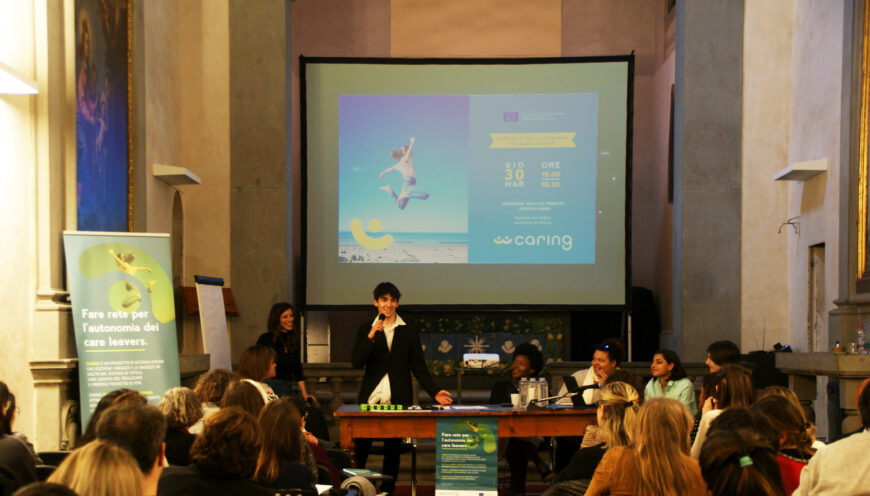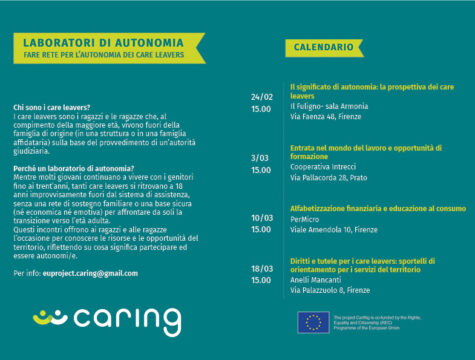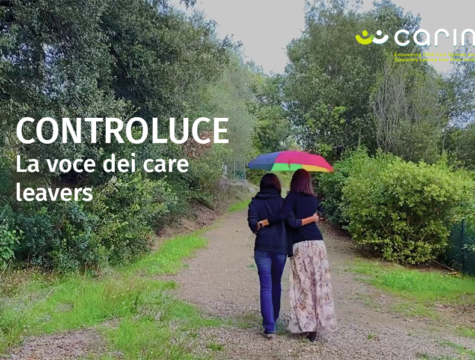As the care leavers group of CarINg, March 30 was an important day: the final conference gave meaning not only to the project we have been working on for almost two years but also to our pain and moments of confusion during our individual journeys. In fact, we finally found ourselves, as every boy and girl in our situation would want, to speak up, to make our voices heard, our emotions felt, to expose the real needs of kids like us.
Our group consists of 5 people. In the beginning we did not know each other but during the CarINg journey we became a family, we shared pain, suffering, joy and also many ideas for the change we are aiming for. The group is made up of Giada Cremasco, who is in her first year of tourism science, Noreen Nasir, a senior in high school classics, Marco Ciofi, a senior in high school science, Sally Sy, a senior in International, and Claudia Cecchin, who is doing community service at Misericordia.
We, dear leavers, during the CarINg journey tried our hand at producing a video that could best represent the issues that were closest to our hearts; to speak only of that at the March 30 conference, however, would have been reductive. In fact, we opened the meeting by saying that this long and beautiful journey was an opportunity for us to grow, become aware, find the strength to know and recognize ourselves.
In our journey, one theme of reference has been that of autonomy. Talking among us kids, we realized how around the age of 18, if not before, we are somewhat burdened by this word: “autonomy.” We are told that to be autonomous we need to know how to clean the house, pay the rent, pay the bills, go to the post office, but it is never explained to us how to do all these things: it is like giving a pen in a child’s hand without ever teaching him how to write. Furthermore, we asked ourselves: but what is autonomy?
Is it just knowing how to pay and clean? No, it is not just that, and we have only understood it by reasoning together. Everyone thinks they know the definition of autonomy, but in reality this is not trivial and can be nuanced. It is much more difficult for us care leavers to be autonomous when we are left to face the world with all its difficulties alone at the age of eighteen. Therefore, in our opinion, the care system should be able to create the conditions for this autonomy to be realized and experienced with the appropriate timing. So, we went beyond the classic definition of autonomy, according to which to be autonomous one must have a job and know how to maintain it, have income and know how to manage it, take care of oneself and one’s home; we understood that autonomy also means being aware of oneself, one’s limits and resources, it means making peace with one’s past that conditions the present and the future.
Autonomy for us care leavers means knowing how to ask for help, knowing where to turn to find useful information, and knowing how to build and nurture meaningful and balanced relationships, but above all, being autonomous does NOT mean doing everything ourselves.
So, what should autonomy be like?
“Being autonomous should be a goal of freedom toward the world and toward oneself. For care leavers, however, it is often an obligation to be achieved very early. It is seen as a LIMIT because we are asked to be adults and autonomous before our time.”
How would we like the care system?
The care system should not be a band-aid to put on our wounds but should give us the opportunity to pursue our aspirations and dreams.
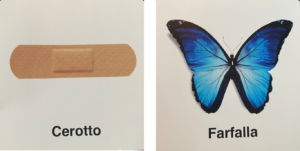
In order for the care system to be functioning, it needs to build and give extra tools to practitioners on the issue of leaving care, through training, building an effective network, and involving boys and girls, who are the key players. In addition, it would be essential to invest economically in foster care.
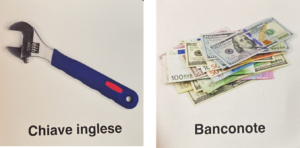
The protection system must be fair, because comparing among ourselves, who come from different backgrounds, we have realized that there are many differences and that these give different opportunities. Therefore, we must eliminate the “luck” factor; the state of well-being must not be guaranteed by chance but by the system, which must be equal for all.
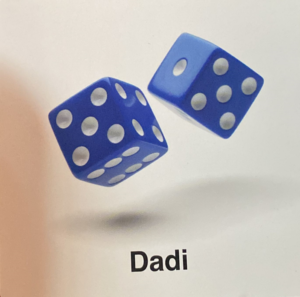
The protection system to be effective must become participatory. In fact, it is called a care system because it must protect, but protecting also means making those involved participate: awareness and shared pathways protect more than protection for its own sake.
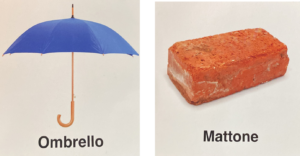
To build a good relationship with a boy or girl, you don’t need to move heaven and earth, as some people believe, but all you need is a simple yet powerful ingredient: transparency. Communication and transparency of decisions are key; boys are able to withstand situations if they are communicated with the right tools.
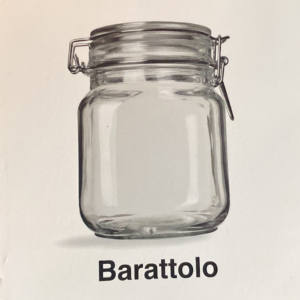
The care system also needs to think about the emotional relationships that are created between the boy/girl and the educator/foster parent. Often boys who end their journey, turning back find not the door that had previously welcomed them, but a fence. Unfortunately, there seems to be no healthy way to let go of boys leaving the care system.
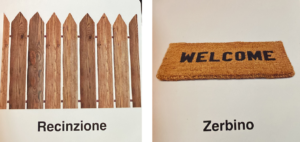
The care system in order to inspire trust must be stable. We like to use the metaphor of a trampoline, as we would like to be pushed up by the care system and not sink into the events of our past
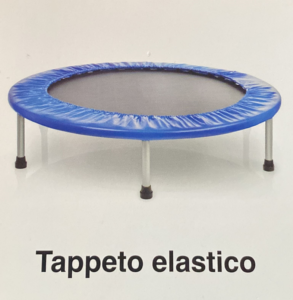
We talk a lot about trust and reliance, but it is necessary for the care system to prove itself capable of such honours. Trusting and especially entrusting adults is a big and beautiful challenge when we come from a history in which we have been betrayed or abandoned by them precisely. We are asked to trust but often lack the right conditions and demonstrations to be able to do so. The balloon card represents well how we would like the care system: the balloon is composed of helium inside and the container-balloon outside. Care leavers are like the helium inside and the care system is like the container-balloon. Without the container, the helium would fly away without a direction, while without the helium, the container-balloon could not fly: the two, the helium and the balloon, like careleavers and care system, must coexist together to be able to fly high.
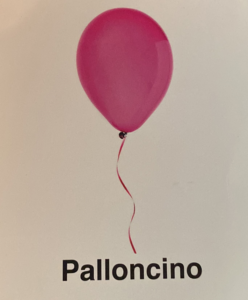
The final conference on March 30th was a great opportunity for us not only to tell our experience and point of view, but also to make a change. During this journey, thanks also to the constant presence of Caterina Arciprete (PIN-ARCO) and Fabrizio Pedron (SoS Villaggi dei Bambini), we found the courage and strength to look back and succeed in creating a future for us with a stronger foundation, higher motivation and a goal to achieve.
So, we hope that the CarINg project has been an opportunity not only for us kids to review our past with a different key, but also for care leavers to understand more about how to better use the great power and tools they possess. We care leavers, together with the help of many other figures, have planted a seed that we are sure, with everyone’s commitment, will lead to change.

